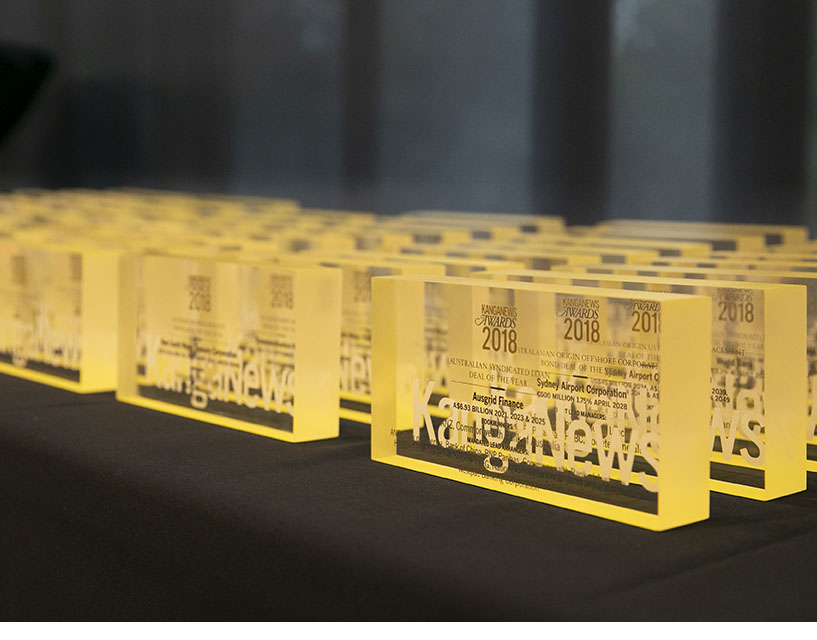
News

Australia’s major banks have hit the ground running in 2020 with three of the big four taking funding opportunities at home and abroad by 7 January and the fourth lining up a new trade. Despite developing domestic and international crises, the borrowers say markets have maintained momentum from 2019 and investors are prepared for a busy open to the year.

The prospect of QE in Australia has loomed ever larger over the market in 2019 as the Reserve Bank of Australia (RBA) has moved into an easing cycle and the cash rate has approached the zero lower bound with little sign of a significant economic rebound. At Australian Securitisation 2019 in November, prominent Australian debt investors cast their eyes over the likelihood of Australian QE, what a local regime might look like, the potential consequences and what alternatives there are to stimulate the economy.

The New Zealand Financial Markets Authority (FMA) revealed on 13 December its decision on same-class exclusion as it relates to green, social and sustainability (GSS) bonds. It stated that while it was open to granting individual exemptions for certain transactions, as a rule, GSS bonds would not be eligible for issuance under the same-class exclusion for a vanilla bond.

ASX-listed nonrated corporate SEEK brought to market on 11 December a subordinated deal – a somewhat rare occurrence – to diversify its funding sources as it continues to grow. Despite being down the capital stack, deal sources say, investors were eager to participate in a transaction from a household name with an attractive yield.

Synlait Milk (Synlait) printed the largest unrated deal in the New Zealand market since 2011 with its inaugural transaction, KangaNews data shows. The issuer came to market to diversify its funding sources as it expands.

This year has been a landmark for the adoption of alternative reference rates (ARR) in the Australian market and South Australian Government Financing Authority (SAFA)’s second deal linked to the Australian Overnight Index Average (AONIA) has capped it off. The issuer says engagement in the Australian market has reached a new level of maturity.

Investor diversity was front of mind recently for National Australia Bank (NAB) with two esoteric capital transactions in as many days. The major banks face increased capital requirements and NAB says developing new avenues to achieve funding and investor diversity is crucial.

On December 5, the Reserve Bank of New Zealand (RBNZ) revealed its final determination on new capital requirements for domestic banks. Banks will still have higher capital requirements but the regulator has elected to let them fund part of these with redeemable additional tier-one (AT1) instruments and is also granting a longer implementation period.

KangaNews is proud to present the winners of the institutional and deal categories in the KangaNews Awards 2019. After an extensive voting and verification process, KangaNews can confidently say its results reflect a true market view on the outstanding performers of 2019 in the Australian and New Zealand debt markets.

Cleanaway Waste Management priced the tightest deal from an unrated Australian industrial issuer in the USPP market since the financial crisis with its recent transaction, placement agents say. The issuer undertook the deal to term out bank debt it took on following an acquisition in 2018 and it says further expansion is on the horizon.

Financial institution (FI) issuance has been a laggard even as Australian dollar green, social and sustainability (GSS) bond issuance volume has nearly doubled in 2019. However, following its second sustainability bond print, Bank Australia says engagement with the asset class continues to grow as sustainability and responsible banking issues hit home with investors and customers.

National Housing Finance and Investment Corporation (NHFIC) targeted development of its investor base in it second bond transaction, which priced on 19 November. Issuance volume is limited by NHFIC’s clients’ need but the issuer says it has a pipeline to provide liquidity for investors.
